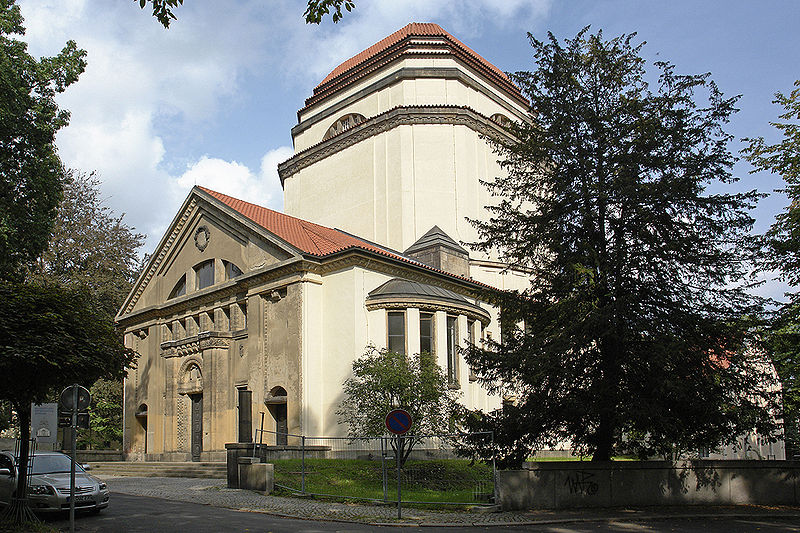Lost Sefer Torah Turns Up 83 Years After Disappearing on Kristallnacht

Sections of a lost sefer Torah have resurfaced in Germany 83 years after they disappeared during Kristallnacht, in November 1938.
A 79-year-old pastor by the name of Uwe Mader handed the four portions of the sefer Torah to the German city of Gorlitz.
According to Mader, his father, Willi Mader, a German police officer, had been in possession of the sefer Torah after he was sent to a local synagogue on Kristallnacht. According to Mader, his father never told him what exactly transpired that night and he does not know how the sefer Torah came into Willi’s possession.
Mader did say he believed the four portions had been intentionally cut out of the sefer Torah by someone familiar with the Torah.
Between Nov. 9 and Nov. 10, 1938, Nazis killed at least 91 people, burned down hundreds of shuls, vandalized and looted 7,500 Jewish businesses, and arrested up to 30,000 Jewish men, many of whom were taken away to concentration camps.
The Torah portions had various owners over the years.
In the late 1930s, Mader’s father gave the texts to his friend Herta Apelt for safekeeping. Apelt went on to give them to a local priest in the town of Kunnerwitz by the name of Bernhard Schaffranek, who hid them in a library. Twenty years after Schaffranek’s 1949 death, his widow, Magdalena, gave them to a new vicar that had been installed in Reichenbach, Uwe Mader, apparently with the knowledge that his father had been the first to take possession of them.
Magdalena asked Mader not to say a word about the portions of the sefer Torah, and he agreed, hiding the texts inside rolls of wallpaper in his office. It was only in the late 1980s that Willi told his son about the series of events.
Twenty years later, Mader decided the time had come to reveal the portions of the sefer Torah.
The Gorlitz municipality, which recently concluded renovations on the sole synagogue in Saxony to survive Kristallnacht, announced plans to present the texts and work with local Jewish leaders to restore the entire sefer Torah.

Some Jewish activists, however, were angered the scroll had been given to the city instead of its Jewish representatives, who they said were its rightful heirs.
After speaking to Gorlitz Mayor Octavian Ursu de, Saxony Rabbi Zsolt Balla, who is also Germany’s first military Rabbi since World War I, said he was optimistic about the city’s plans for the sefer Torah in the future.
To Read The Full Story
Are you already a subscriber?
Click "Sign In" to log in!

Become a Web Subscriber
Click “Subscribe” below to begin the process of becoming a new subscriber.

Become a Print + Web Subscriber
Click “Subscribe” below to begin the process of becoming a new subscriber.

Renew Print + Web Subscription
Click “Renew Subscription” below to begin the process of renewing your subscription.






